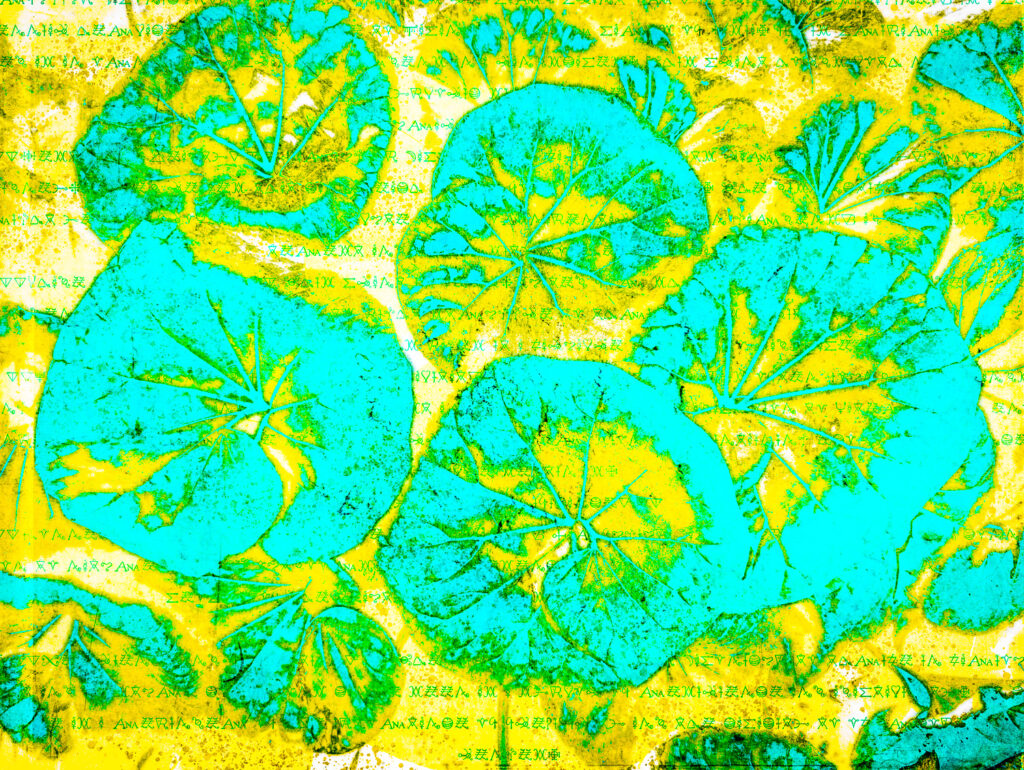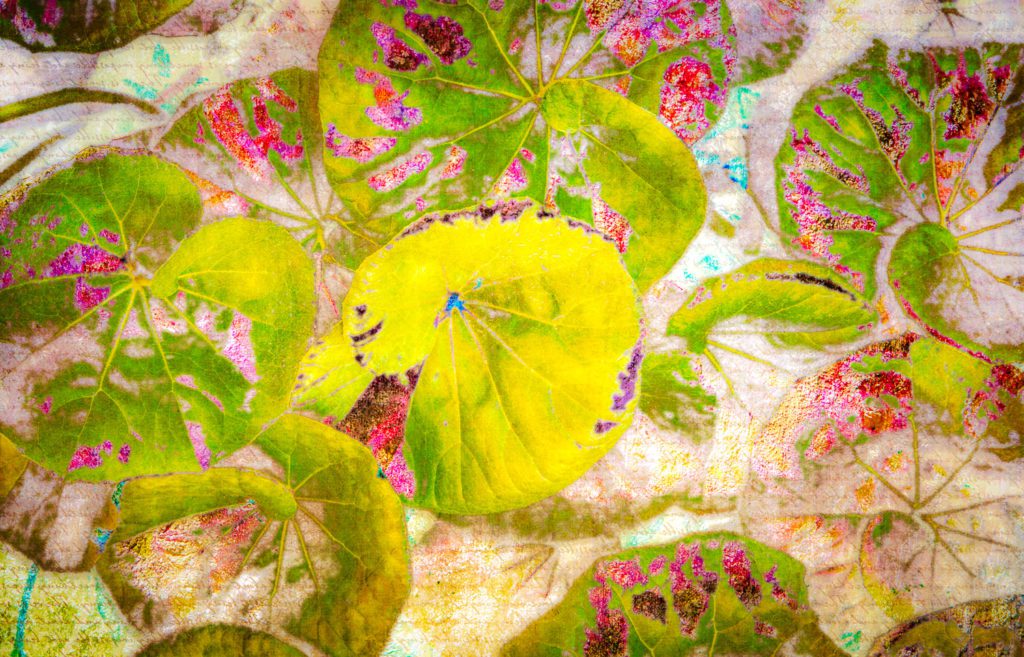
Leopard Plant (Farfugium japonicum)
Farfugium japonicum, commonly known as leopard plant or Ligularia tussilaginea, is a perennial herbaceous plant native to Japan and other parts of Asia. It is primarily cultivated as an ornamental plant in gardens and landscapes. This plant holds both natural and symbolic significance:
Natural Significance:
- Aesthetic Beauty: Farfugium japonicum is valued for its large, glossy, round or kidney-shaped leaves that can reach up to a foot in diameter. The distinctive foliage and bright yellow flowers contribute to its ornamental value in gardens, adding visual interest and diversity to the landscape.
- Shade Tolerance: This plant is well-suited for shady or partially shaded areas in gardens where other plants might struggle to thrive. Its ability to grow and flourish in lower light conditions makes it a valuable addition to landscape design.
- Wetland Plant: In its native habitat, Farfugium japonicum is often found in wetlands, along stream banks, and in other moist areas. This natural adaptation to water-rich environments can contribute to controlling soil erosion and maintaining ecological balance in suitable settings.
Symbolic Significance:
- Connection to Nature: Like many plants, Farfugium japonicum can symbolize a connection to nature and the outdoors. Its presence in gardens and landscapes can remind people of the beauty and diversity of the natural world.
- Resilience and Adaptation: The ability of Farfugium japonicum to thrive in various light and moisture conditions can be seen as a symbol of resilience and adaptability. It can serve as a reminder of the importance of flexibility and the capacity to overcome challenges.
- Balance and Harmony: In some cultures, the concept of balance and harmony is associated with gardening and landscape design. The presence of Farfugium japonicum's lush foliage and striking flowers can contribute to a sense of balance and visual harmony in outdoor spaces.
- Protection and Transformation: In traditional herbalism and folk belief, plants often carry symbolic meanings related to protection, transformation, or healing. While not as widely recognized for these qualities as some other plants, Farfugium japonicum's use in landscaping and its natural properties might be interpreted in this way by some individuals.
